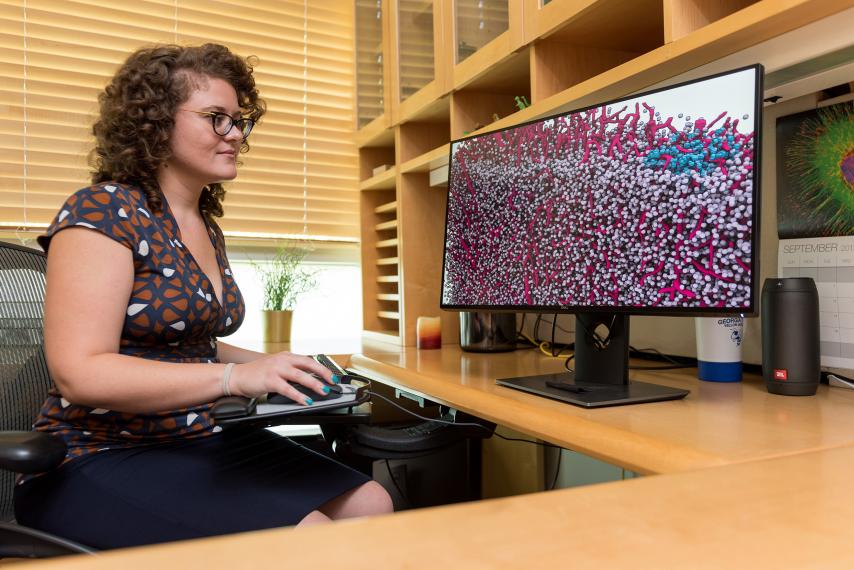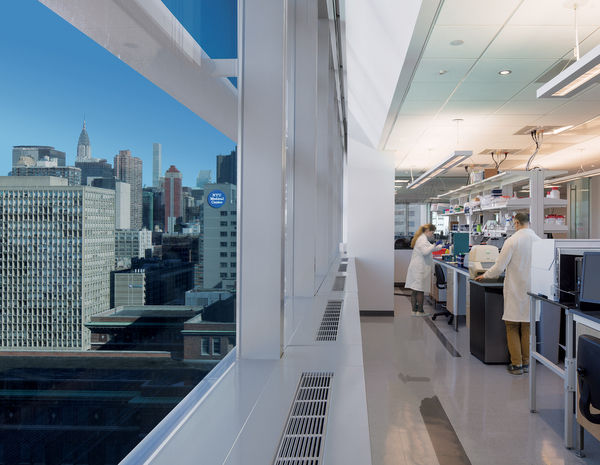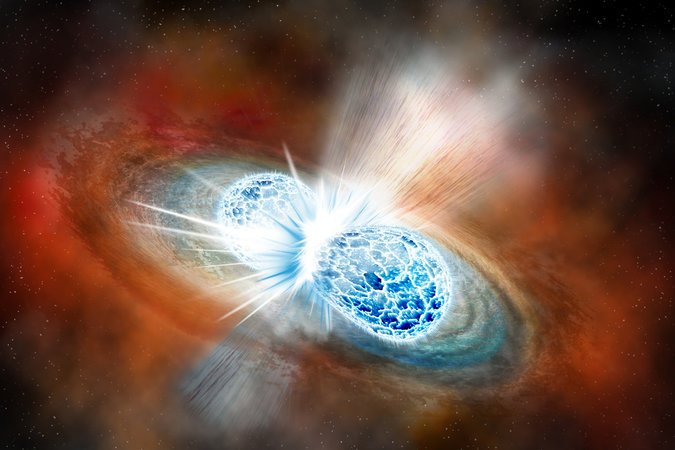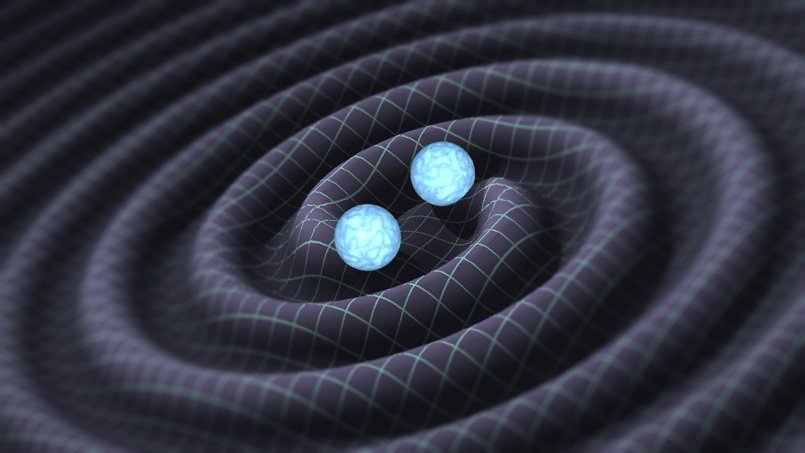October 20, 2017
Google Earth for Brains? Scientists Zoom in with X-Rays to Make 3-D Maps with Brain Slices
A new method for mapping #brain slices in 3-D could be extremely helpful in mapping neural circuits, says Columbia University neuroscientist Rafael Yuste.
October 20, 2017
Your Memories are Less Accurate Than You Think
Reseearch by Ning Qian, a neuroscientist at Columbia University’s Zuckerman Institute, and his colleagues reveals it's easier for our brains to handle categories than minute details.
October 18, 2017
On the Biotech Block
At Columbia University — New York's top-contributing institute to the Nature Index — researchers recently developed a method for storing up to 215 petabytes of information in a gram of DNA.
October 17, 2017
A Groundbreaking Astronomy Discovery Gave Scientists Their Best Look Ever at How Gold Was Created
"The completeness of this picture from the beginning to the end is unprecedented," said Columbia University physics professor Szabolcs Marka. "There are many, many extraordinary discoveries within the discovery."
October 17, 2017
Astronomers Just Proved the Incredible Origin of Nearly All Gold, Platinum, and Silver in the Universe
Brian Metzger, an astrophysicist at Columbia University, comments on the discovery of a neutron-star collision which produced a radioactive "kilonova" that forged hundreds of Earths' worth of platinum, gold, silver, and other atoms.
October 16, 2017
LIGO Detects Fierce Collision of Neutron Stars for the First Time
Zsuzsa Marka, a Columbia astrophysicist, and Brian David Metzger, a theorist at Columbia, describe the spectacular sights and sounds of a pair of dead stars colliding in a kilonova explosion.
October 16, 2017
California’s Wildfires Have Become Bigger, Deadlier, and More Costly. Here’s Why
“The most straight-forward climate-change connection is through warming. As long as there is fuel to burn, drying the fuel out increases fire danger, and fuels dry out faster and more when it’s warmer,” Park Williams, a bioclimatologist at Columbia University.






